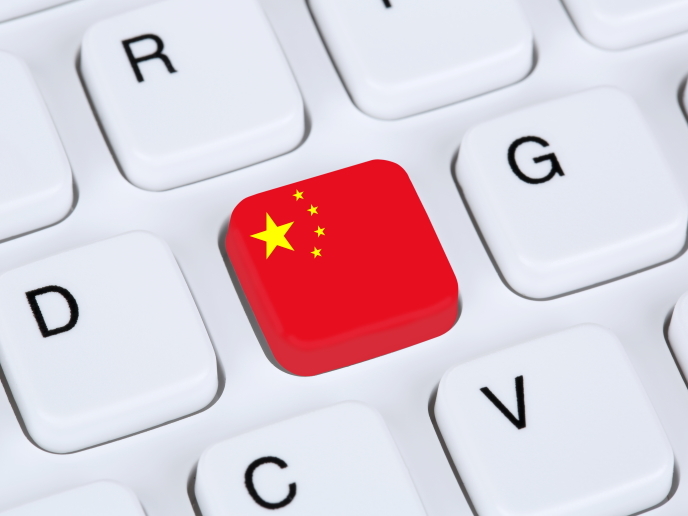How autocratic regimes use the internet to strengthen their grip on power
In many ways, China’s rapid rise in power doesn’t make any sense. Its market reforms have been anything but socialist, yet the Communist Party (CCP) is still firmly in control. So, what’s going on in China? According to researchers with the EU-funded RESPONSIVENESS project, the key to unravelling the China conundrum is the internet. “Among other factors, the internet has facilitated the development of e-participation platforms, places where citizens can air their demands and grievances,” says Christian Göbel(opens in new window), professor of China Studies(opens in new window) at the University of Vienna(opens in new window). According to Göbel, these online platforms are a two-way street. “Not only can citizens communicate with their government, but the CCP is also able to respond and interact with the public in a manner that Chinese citizens associate with democratic governments,” he explains. “In fact, China’s score in the United Nations e-participation index(opens in new window) is higher than the European average.”
Enabling authoritarian repression
The RESPONSIVENESS(opens in new window) project, which received support from the European Research Council(opens in new window), took a deep dive into the impact of the internet on state-society relations in China, with a specific focus on how e-participation affects social stability and government policy. “This project gives us a unique understanding of the complex relationship between participation, repression and state capacity in China,” adds Göbel. One of the most surprising findings to come out of this work is how e-participation enables, if not causes, authoritarian repression. “Prior to the internet, the government tended to tolerate protests, activism and criticism to some extent as it provided them with valuable information about how the party was doing,” remarks Göbel. “But now that this information can be swiftly communicated, processed and monitored via official channels, the government is more likely to punish illegal and semi-legal dissent.” Researchers also found a correlation between e-participation and punishment. “The CCP leverages information gathered through the internet to punish behaviour that was previously tolerated, such as corruption and state capture,” notes Göbel.
Depending on social media outlets
In conducting this research, Göbel says he had to be particularly careful to not put any Chinese citizens in harm’s way. “To avoid the state’s surveillance technology, I used various Chinese social media outlets to get the information I needed,” he says. Researchers also employed state-of-the-art machine learning algorithms to help analyse documents, social media posts and citizen complaints. “I am particularly proud of a platform we built that lets us download, classify and visualise information from various sources in real time,” adds Göbel. “If someone posts information about a protest on social media, there is a good chance that we will learn about it in less than an hour.” Göbel recently published an article that used social media data for predicting the likelihood of encountering repression based on protest issue, intensity and location.
Strengthening their grip on power
The project succeeded in highlighting how autocratic regimes use e-participation to strengthen their grip on power. “State-society relations in autocracies are often viewed as zero-sum games,” concludes Göbel. “But our work shows how participation can actually help the government co-opt some parts of society while repressing others.” Göbel is currently busy summarising the project’s results, with the aim of publishing articles in several leading journals and in an academic book. He is also investigating the potential of making RESPONSIVENESS results available via a user-friendly website.







